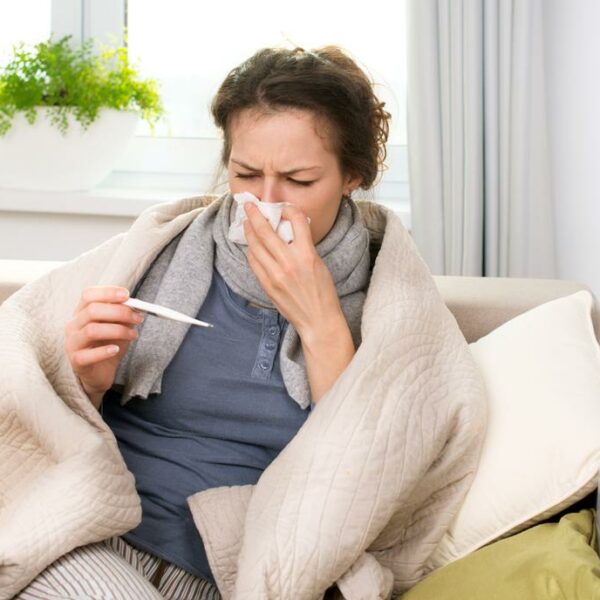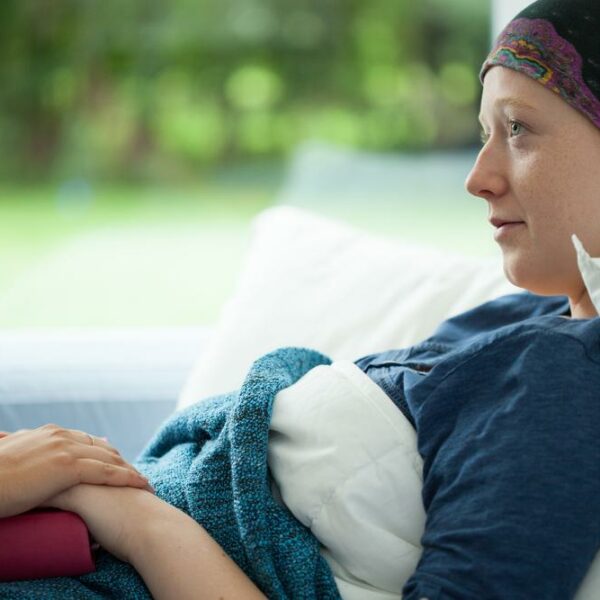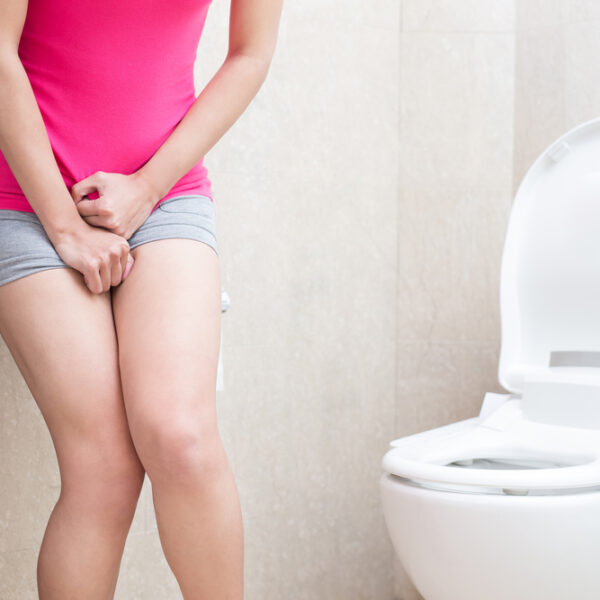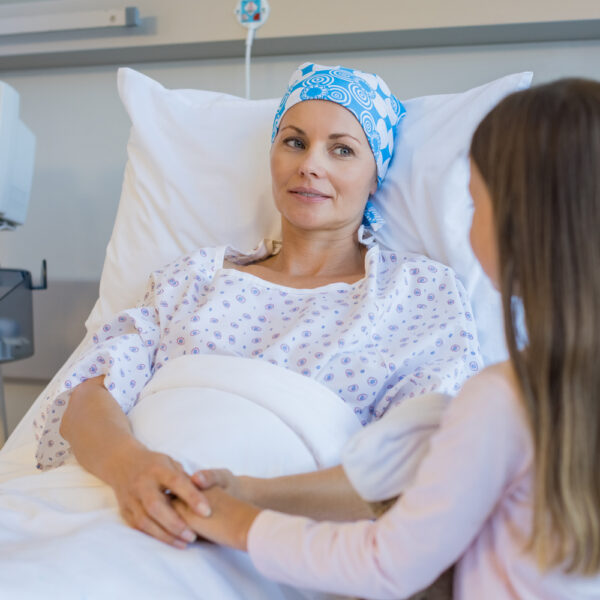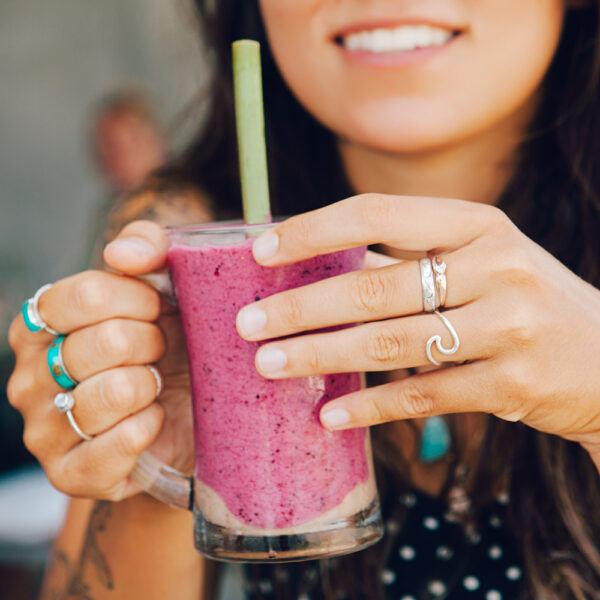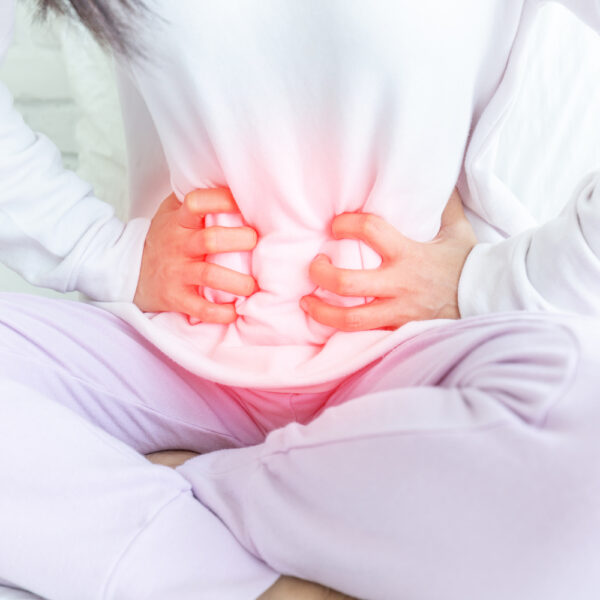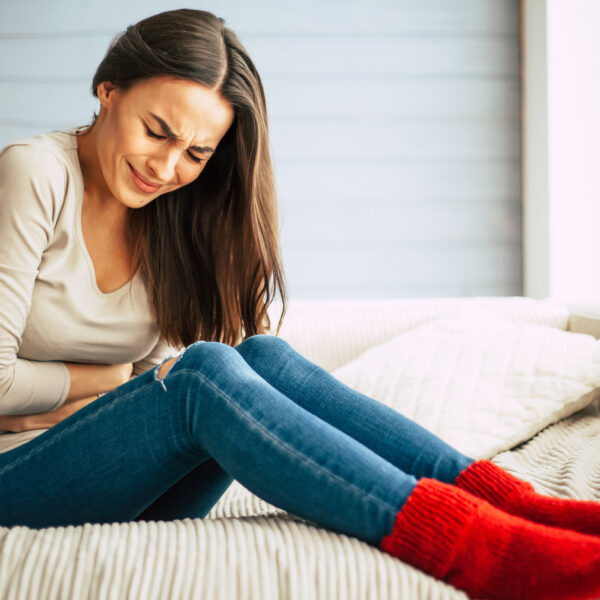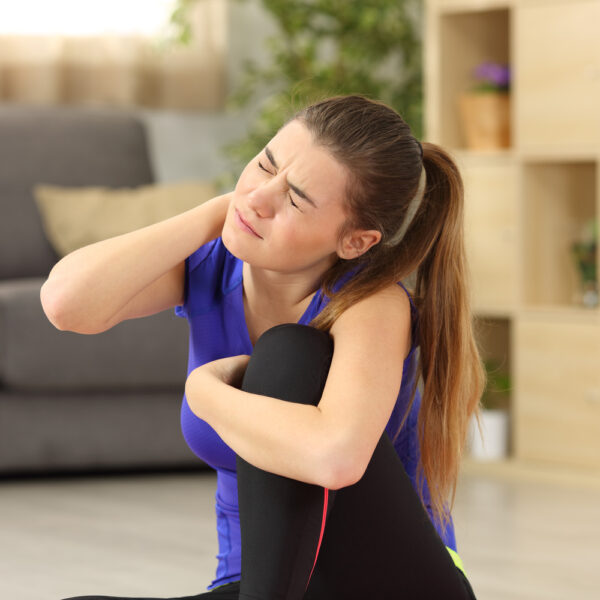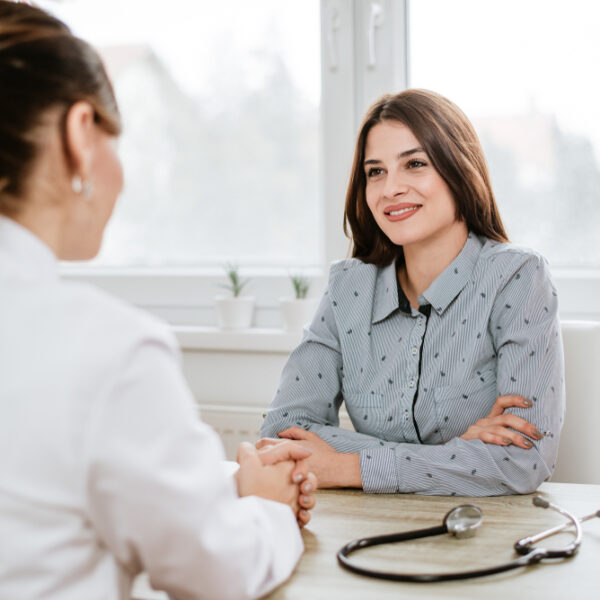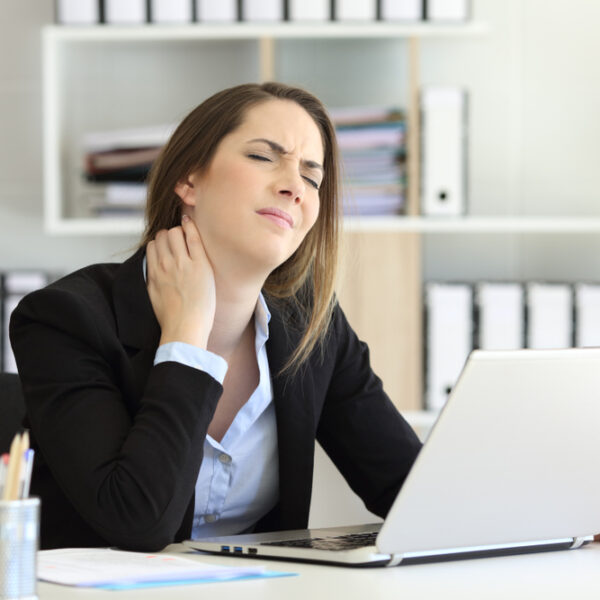8 Home Remedies for Chlamydia
Chlamydia is an STI that is caused by the bacterium Chlamydia trachomati s . It is common among women in the 15 – 24 age group. It is a silent infection, with research suggesting that about 40-96% of people with this condition do not experience any symptoms. But , others with the infection are known to experience symptoms like pain in the lower abdomen, a burning sensation while urinating, abnormal discharge, cervicitis, and more.
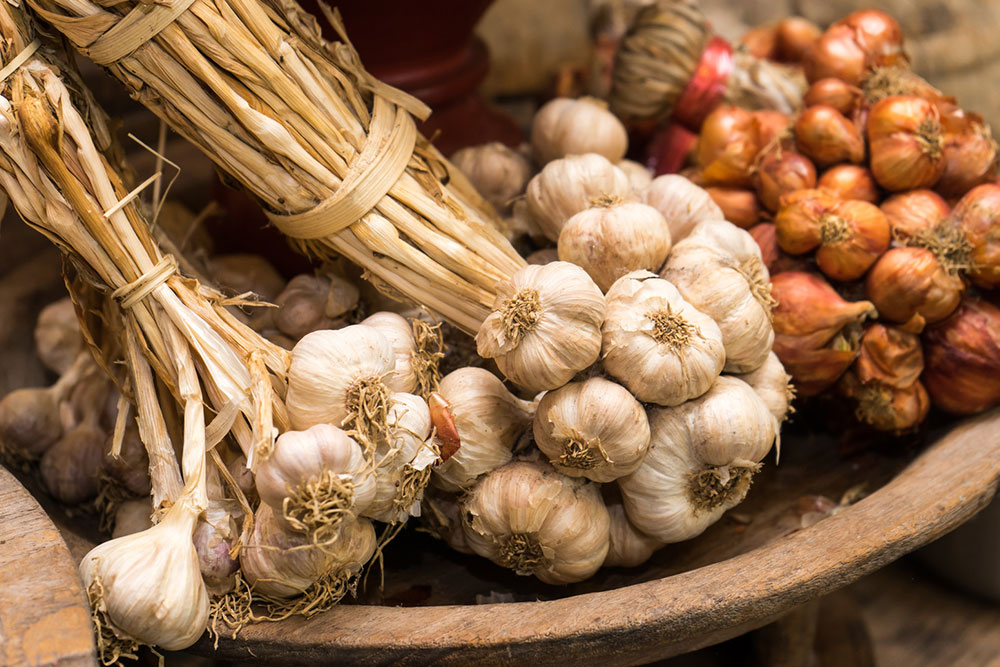
Home and natural remedies for managing chlamydia
While home or natural remedies cannot directly act on the harmful bacteria and eliminate them, they can provide minor relief from the symptoms of chlamydia.
Garlic
Commonly added as a flavoring agent in many cuisines, garlic is also a popular home remedy for many ailments. Its main active compound, allicin, has antibacterial, antiprotozoal, and anti-inflammatory properties. While garlic cannot eliminate the bacteria that cause chlamydia, it can help control yeast growth, making formal treatment more effective.
For best results, freshly chop or crush garlic and let it rest for 10 minutes to release its infection-fighting compound, allicin. Garlic can also be added to the daily meal plan through soups, stews, and roasts, and it helps boost overall immune function.
Goldenseal
Another home remedy used for managing various ailments is goldenseal. The healing effect can be attributed to the plant alkaloid berberine found in goldenseal, which is said to have potent antimicrobial properties. As a result, many people use it as a home remedy to manage upper respiratory infections, canker sores, and even chlamydia.
When following this management strategy for chlamydia, most people rely on regular doses of goldenseal extract. But consult a doctor before opting for this natural remedy, as it may interact with other treatments. Also, do not use goldenseal consecutively for more than three weeks, as no information is available regarding its safety when it comes to long-term use.
Echinacea
Echinacea is a popular cold and flu home remedy, but it can also help manage chlamydia symptoms by boosting the immune system’s ability to defend itself against bacterial and viral infections.
According to the Department of Agriculture’s Natural Resources Conservation Service, taking as little as 10 mg (per kg of body mass) of echinacea over ten days can help boost immune activity in the body.
Oil of oregano
This flavorful herb has a lot more to it than meets the eye. Oregano oil contains healing compounds such as thymol and carvacrol, which can help fight certain forms of cancer, viruses, and infections and control symptoms of chlamydia. Please speak to a healthcare professional regarding the proper dosage to safely consume oregano oil at home.
Probiotics
A healthy gut is one of the best ways to boost immunity and detoxify the body. This can be achieved with the help of probiotics, that is, foods with live microorganisms that boost the gut microbiota. Probiotics that may help people with chlamydia include plain yogurt or kefir, coconut kefir, kombucha, kimchi, sauerkraut, tempeh, etc.
Turmeric
Turmeric has been used in traditional healing practices for a very long time. Its strong anti-inflammatory and antioxidant properties come from its active compound, curcumin. Some studies have shown that curcumin and other plant compounds can benefit people with chlamydia, but research is still underway to establish this link. Even so, turmeric can easily be added to daily meals to boost immunity and reduce inflammation in the body.
Olive tree extract
Olive tree or olive leaf extract is considered an effective management strategy for chlamydia symptoms. This is because, from the olive tree, one can extract oleuropein, a compound that has anti-inflammatory, antimicrobial, and antiviral properties.
Eating healthy
Lastly, eating well greatly impacts one’s gut health and overall immunity. Try to consume more whole grains, fruits, vegetables, and lean proteins to meet the body’s daily protein, vitamin, mineral, and carbohydrate requirements. While there are no special eating plans that people with chlamydia need to follow, balanced eating can be the trick behind protecting the gut and reducing the common side effects that are often associated with the formal treatment of chlamydia.
Treatment
Upon noticing symptoms of chlamydia, one must immediately consult their primary care physician or gynecologist. Timely treatment can help lower the risk of complications like pelvic inflammatory disease (PID) and fertility problems. Fortunately, chlamydia is easy to treat and can be completely cured. Conventional treatment generally involves a 5-10-day prescription plan, depending on the severity of the infection.
Due to the silent nature of the condition, it is important to be aware of chlamydia symptoms and take preventive measures. For the same reason, the condition can progress undetected, so it is important to prioritize safety. Keeping an eye out for the condition, getting tested regularly, and promptly managing it with formal treatment can be instrumental in slowing down the spread of the infections and maintaining reproductive health.



